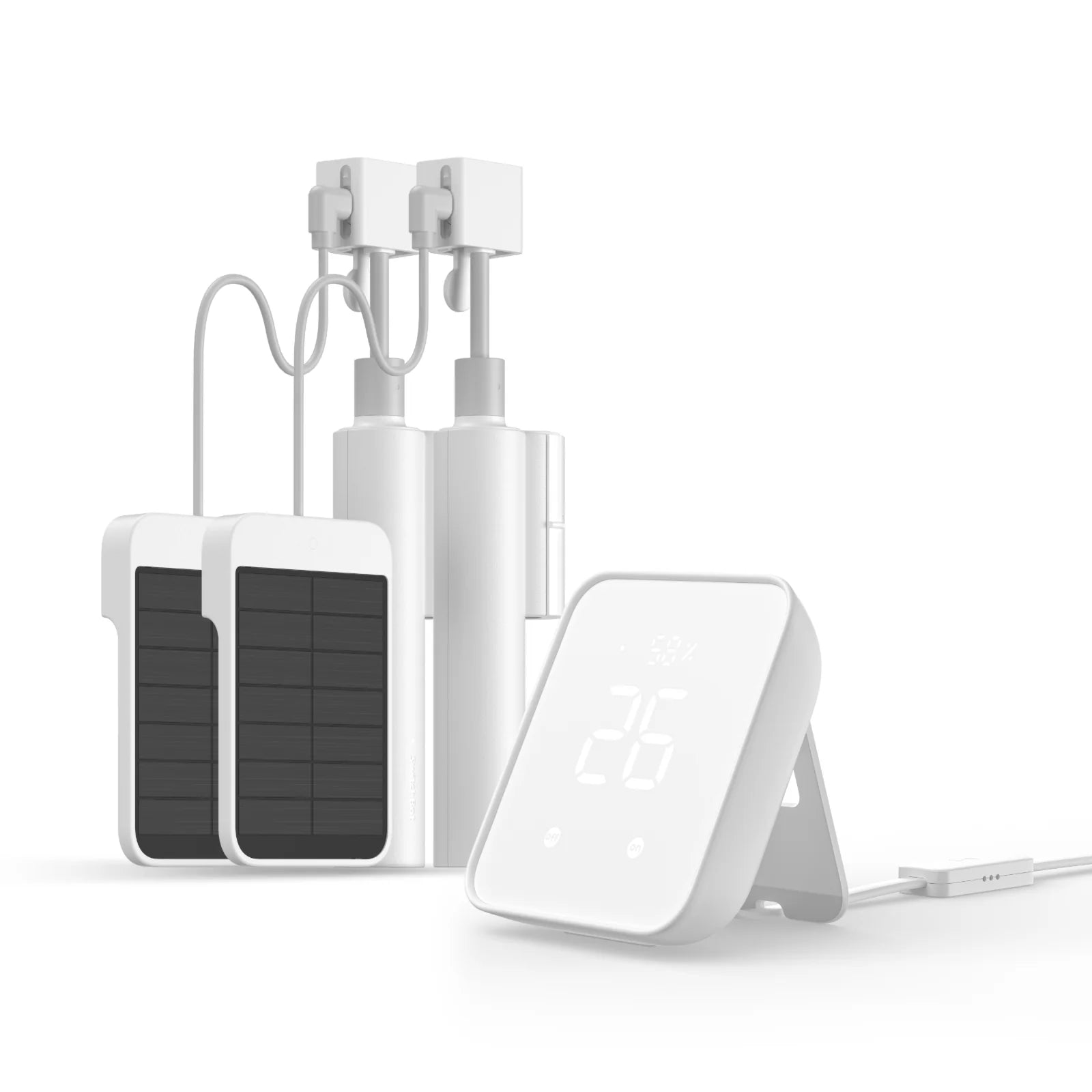How Automated Window Blinds Can Increase Energy Efficiency in Industrial Buildings
Body
Industrial buildings are known for their large windows and expansive spaces, which can lead to significant energy loss if not properly managed. One innovative solution that has gained traction in recent years is the use of automated window blinds. These technologically advanced blinds offer a range of benefits that can greatly enhance the energy efficiency of industrial buildings, making them a worthwhile investment for businesses looking to reduce their environmental impact and operating costs.

The Role of Automated Window Blinds in Energy Efficiency
Automated window blinds are designed to adjust themselves based on external factors such as sunlight, temperature, and time of day. By automatically responding to these variables, they can effectively regulate the amount of natural light and heat that enters a building, reducing the need for artificial lighting and heating or cooling systems. This level of control allows for a more efficient use of energy, ultimately leading to lower utility bills and a reduced carbon footprint.
Enhancing Comfort and Productivity
Besides their energy-saving capabilities, automated window blinds also contribute to the overall comfort and productivity of industrial building occupants. By optimizing natural light levels and minimizing glare, these blinds create a more pleasant and conducive work environment. Studies have shown that access to natural light can positively impact mood, alertness, and productivity, making it a valuable asset for businesses seeking to maximize the well-being and performance of their employees.
Integration with Building Automation Systems
Another key advantage of automated window blinds is their compatibility with building automation systems. These blinds can be seamlessly integrated with existing smart building technologies, allowing for centralized control and programming. This level of automation not only simplifies the management of window treatments across an industrial facility but also enables more sophisticated energy management strategies. For example, blinds can be coordinated with HVAC systems to optimize temperature regulation, further reducing energy consumption.
Financial Incentives and Long-Term Savings
While the initial investment in automated window blinds may seem substantial, businesses can benefit from various financial incentives and long-term savings. Many governments and utility companies offer rebates and tax incentives for energy-efficient upgrades, including the installation of automated window blinds. Additionally, the ongoing energy savings achieved through reduced electricity usage can lead to a significant return on investment over time. By taking advantage of these incentives and cost-saving opportunities, industrial building owners can justify the upfront costs and enjoy the financial rewards of improved energy efficiency.
In conclusion, the adoption of automated window blinds presents a compelling opportunity for industrial buildings to enhance their energy efficiency, comfort, and overall sustainability. By leveraging advanced technology to intelligently manage natural light and heat, these blinds offer a multifaceted solution for reducing energy consumption and operating expenses. As businesses continue to prioritize environmental responsibility and operational efficiency, the integration of automated window blinds is poised to play a pivotal role in shaping the future of industrial building design and management.









Comments